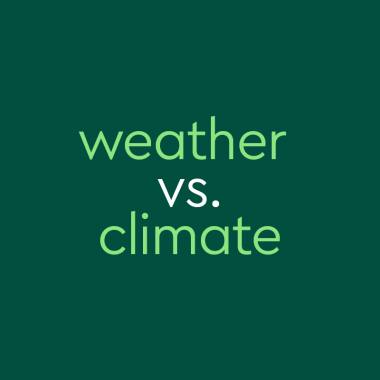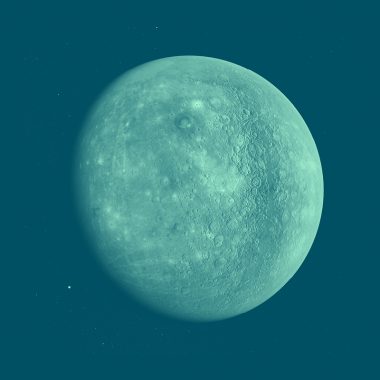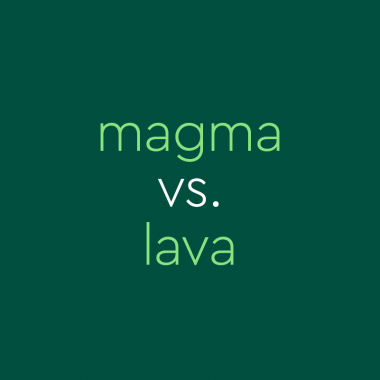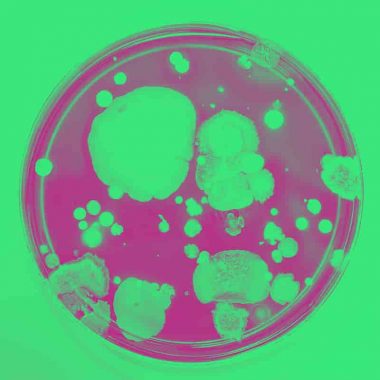What’s The Difference Between Weather vs. Climate?
“Climate is what we expect, weather is what we get.” This pithy quote by famed science fiction author Robert A. Heinlein (among earlier variations) nicely frames the basic difference between climate and weather: climate refers to average, long-term conditions, while weather refers to specific, short-term conditions. Of course, it’s more complicated than that. We talk a lot about climate these days, especially in the context …











